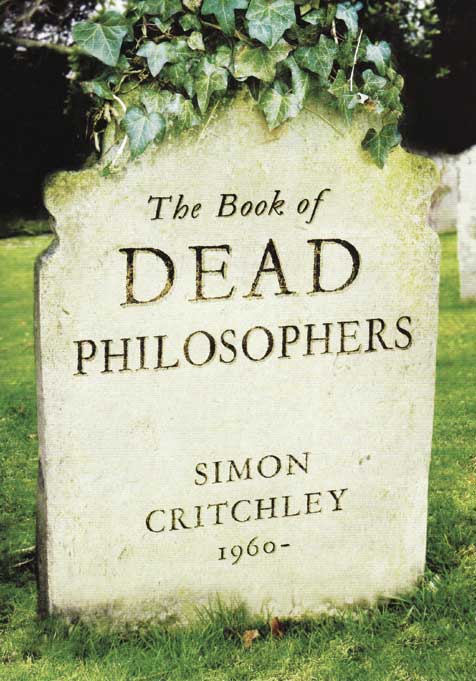 Been reading a patchy book about ancient philosophy called The book of dead philosophers by Simon Critchley. It's a bit of a miscellany of stories about philosophers strung together with the question of their attitude to death, and their experience of it.
Been reading a patchy book about ancient philosophy called The book of dead philosophers by Simon Critchley. It's a bit of a miscellany of stories about philosophers strung together with the question of their attitude to death, and their experience of it.What struck me most was the way that names have so significantly changed. Stoics, for example, would happily blubber and shreik if they stubbed their toes in the shower, and you would be unlikely to find an epicurean with rows of fine herbes in their kitchen cabinet. But the bigger surprise was to discover the Cynics were not in the least bit cynical.
The Cynic philosophy originating in classical Greece essential holds that the purpose of life was to live a happy life of virtue in agreement with nature. This meant rejecting all conventional desires for wealth, power, health, and fame, and by living a simple life free from all possessions.
Its most famous exponent was called Diogenes, who lived, naked, in a barrel in the marketplace, masturbated in public, and ate raw squid.
By contrast, modern cynicism is marked by a tendency to decry any noble motivation in how people live, preferring to reduce any character trait, organisation, political movement or idea to some base, or selfish motivation. Scepticism is often scornful and pessimistic; and emotionally jaded and filled with negativity. Not what you want to encourage in your kids.

No comments:
Post a Comment